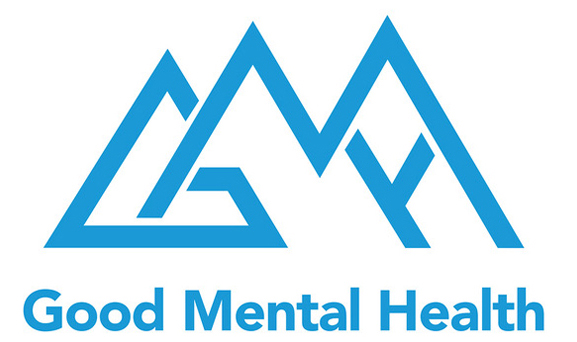Threats and ultimatums healthy relationships do not make.
A few weeks ago, we had plans to see an extended family member who we don’t often have the opportunity to see. He was in town for a few days working and we cleared our schedules so we would be available when he was able to get away.
The night before our anticipated lunch date, we got word that he had double and triple booked himself and that our quick bite to eat was turning into an all day affair. His response: “Deal with it, or I won’t see any of you.”
We passed on lunch and his ultimatum.
You teach people, through your own actions, how they may treat you.
Had we said yes to his ultimatum, it would set the precedent for the future of our relationship. By accepting his lack of consideration, we would have communicated that we would accept a lack of consideration forever. This would have established an unhealthy power differential in the relationship from that point forward, ultimately leading to anger, resentment, and destroying the relationship.
Healthy relationships are born of mutual respect, kindness, and compassion between the parties. They are not based on power and control, manipulation, or coercion. Whether we’re talking about friends, romantic partners, or family members, the rules of healthy relationships remain the same.
In that vein, here are 6 ways to build healthy relationships (and help you identify and release the unhealthy ones in your life).
1. Healthy relationships start with mutual respect.
This is where it all begins: healthy relationships are never a one way street. That means that neither party has more power or control than the other party. You spend time together because you each genuinely want to see each other, not due to misguided obligation, guilt, or hope of gain.
2. Compassion and grace are both given and received.
Have you heard the quote, “Be kind, everyone is fighting a hard battle?” The human experience is fraught with equal parts joy and heartache. Just because we are each in the midst of our individual life journeys doesn’t mean that one person’s experience is any more or any less meaningful, challenging, or joyful than another’s. When we support and respect each other, we extend the same compassion and grace to others that we need in return.
3. Communication is clear, tactful, and direct.
Clear, direct, tactful communication between parties is the cornerstone of healthy relationships whereas triangulation is the hallmark of unhealthy communication. Triangulation occurs when, instead of going directly to the person we need to communicate with, we go to a third party and talk about the person instead. By adding a third person to what should be direct communication between two parties, a triangle forms and unhealthy communication ensues. If we have a problem with someone, it’s always better to go directly to that person and attempt to communicate with them rather than gossiping or complaining about them to someone else.
4. Stop chasing people around, begging them to love you.
We all have a desire to be liked and accepted, but if we are constantly chasing people around, throwing ourselves at others in an attempt to get them to like us, we are actively nurturing unhealthy relationships versus healthy ones. Just as we can’t convince someone to love us, we also can’t convince another person to value us. Having self worth means valuing ourselves. It’s reflected by our ability to establish good boundaries, and good boundaries are what allow us to build mutual respect with others.
5. Don’t fall for emotional manipulation to maintain the relationship.
Healthy relationship transactions should never involve threats against the relationship or against ourselves or the other party. If someone is leveraging the relationship, trying to control you and getting you to do what they want you to do, you’re not in a relationship. You’re in a power struggle.
6. Realize that relationships require effort.
Just as our pets need love and our houseplants need sunshine, our relationships need attention in order to thrive and grow. The most valuable currency we have in this life is our time. When we make ourselves available to those we care about– offering support, encouragement, and riding the waves of life together– strong, healthy bonds have the opportunity to form. And ultimately, it’s our connection with others that this human experience is all about.
We’re glad you’re here.
Good Mental Health, LLC is a counseling practice located in St. Johns, Florida, offering individual and family counseling to children, teens, and adults. With sessions available face-to-face and via Skype, we hope to provide the tools and skills necessary to heal past wounds, grow healthy relationships, and build strong families. For more information, read more about us, or contact us here.


 Hi, I'm Diana Brummer a psychotherapist, writer, and coach in St. Johns, Florida. I love helping people thrive in their relationships and their lives. My hope is that you find the information in these articles educational and useful. Thank you for stopping by!
Hi, I'm Diana Brummer a psychotherapist, writer, and coach in St. Johns, Florida. I love helping people thrive in their relationships and their lives. My hope is that you find the information in these articles educational and useful. Thank you for stopping by! 
